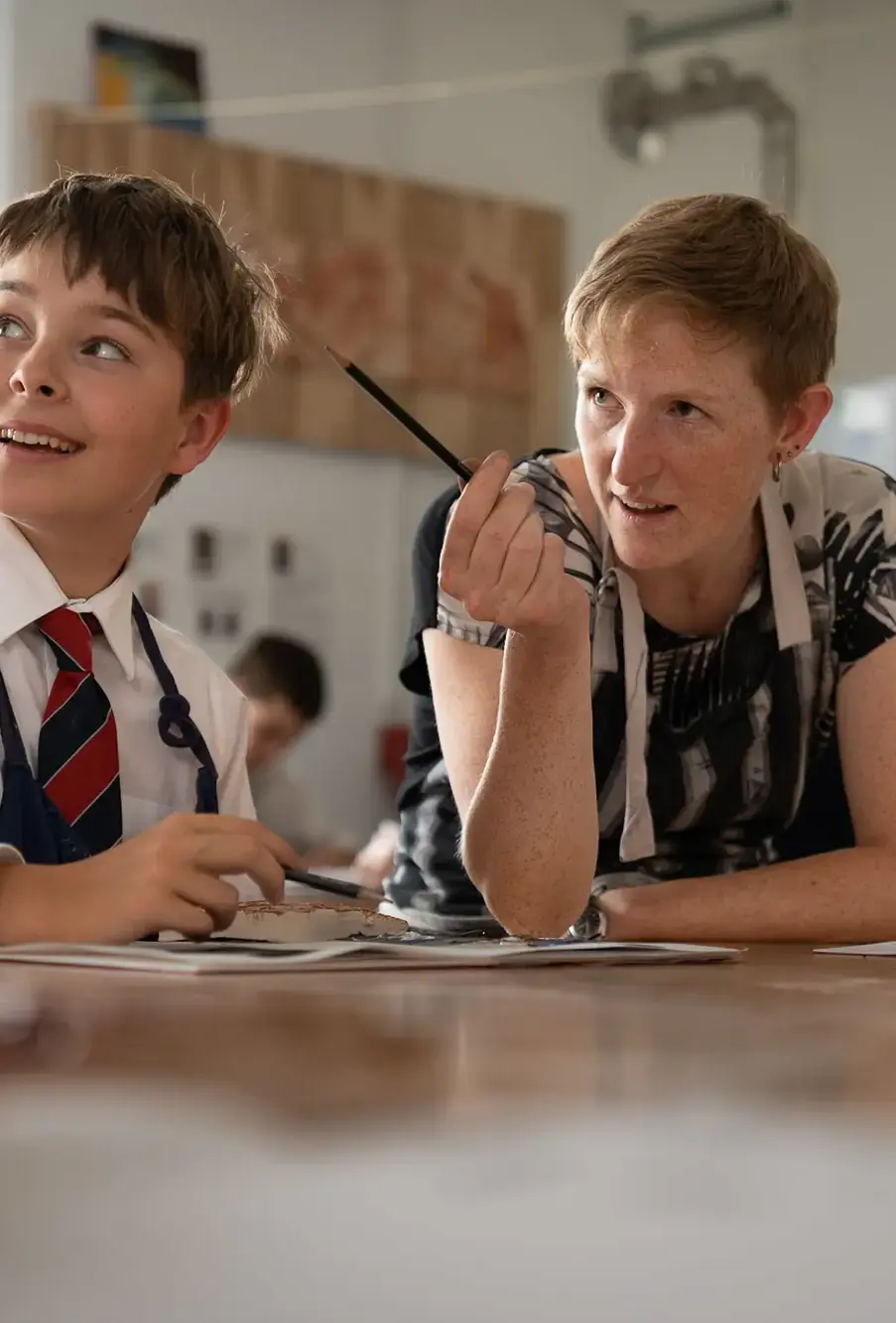Values that transcend cultural boundaries.
The house system is an age-old tradition in British Education. Over the years it has spread around the world reaching many schools around the globe, particularly in Commonwealth countries.
At St.George's, we embrace the house system, providing students with a rich tapestry of opportunities and benefits. In this organisational structure, the student body is divided into 4 smaller groups known as "houses”, named after renowned figures in English literature: Shakespeare, Dickens, Chaucer and Bronte. When students enrol with us, they are assigned to one of these houses based on the house membership of their siblings who are already enrolled with the school.
Through our house structure, students engage in friendly competition, collaborate on various projects, and develop leadership skills as they represent their respective houses in academic, athletic, and cultural endeavours. House points are allocated for outstanding achievements and conduct, and they play a crucial role in acknowledging students' efforts and accomplishments, fostering a positive and rewarding environment within the school.
We believe that the house system transcends tradition; it stands as a cornerstone of our holistic educational approach, nurturing individuals who excel academically, socially, and personally. This system not only imparts values of community, sportsmanship, collaboration, citizenship, shared responsibility, self-discipline, and resilience but also integrates mentorship, teamwork, and peer support. These values go beyond cultural boundaries, fostering a strong sense of community, camaraderie, and belonging.
The house system creates a supportive environment where students thrive, forging enduring friendships and creating cherished memories. It serves as a cultural bridge, uniting students from diverse backgrounds under a shared framework, promoting a sense of identity, pride, and common purpose.
St.George's
unique education model
As an educational organisation we are pioneering in four key areas which are the pillars supporting our work as educators and employers, and informing our wider economic, social, and environmental responsibilities.

























